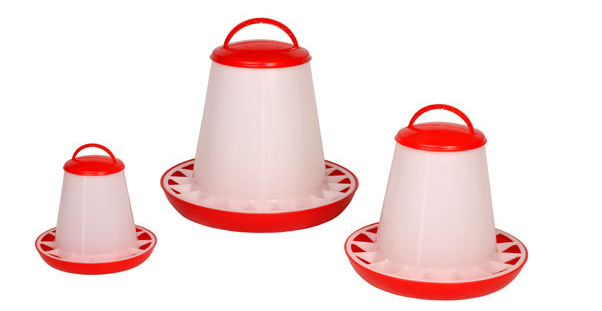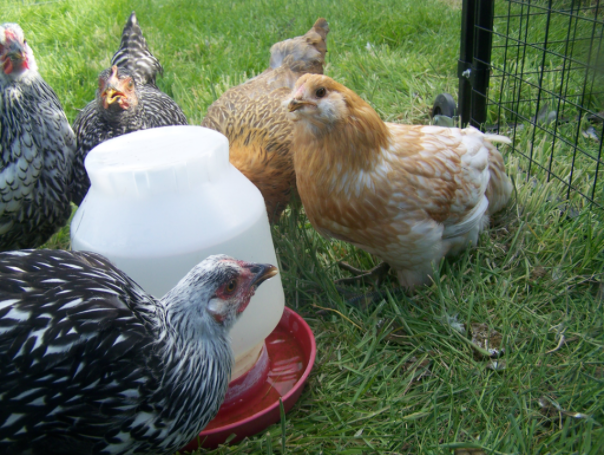“We forget that the water cycle and the life cycle are one” – Jacques Yves Cousteau
Water is probably the single most important component in chicken feeding and rearing. Most farmers may take it for granted but giving water in large quantities could be the one of the greatest things you do to chicken any day. The phrase ‘ad lib’ is usually used in describing how much water you give to chicken which basically means giving water in large quantities ‘without any restraint.’ In fact it has always been the misfortune of farmers we visit their farms when we tell them to take a glass of the water they give to their chicken. Ordinarily you will find water in the drinkers and when you ask where it comes from, the farmer shows you some dirty water in a jerrican or from a well that they themselves cannot drink. We always tell farmers to give chicken water that they themselves can drink. If cornered!

Chicken need water critically for a number of reasons but the following are the main ones;
Metabolism
Water is involved in every process of chicken metabolism. It helps in regulating body temperature, digestion of food and the expulsion of wastes from the body. At normal temperature chicken will consume twice as much water as feed. In cases where heat stress sets in, the intake of water will double or quadruple.
Essential Nutrient
Water is by far the single greatest constituent of the body, and, represents about 70% of total body weight. Access to water is very important, and a lack of water for several hours will probably cause a decline in egg production. Hens are more sensitive to a lack of water than a lack of feed.
Digestion
Water in the crop of chicken makes feed softer so digestion can take place. Without the water, dry feed forms clumps in the crop that can press on the bird’s carotid artery, decreasing blood flow to the brain. This can cause paralysis and possible death. Poultry anatomy makes it worse. A split in the upper hard palate of the beak allows air into the nasal passages and prevents the chicken from forming a vacuum in its mouth. Hens, therefore, rely on gravity to draw water into the crop.
‘Pure water is the world’s first and foremost medicine.’ ~Slovakian Proverb
Egg Production
Each egg consists of approximately 75% water and hence without access to a regular, clean supply of water, a hen will be physically unable to produce eggs.
Required Amounts of Water
Water and food go hand in hand and so reduced water consumption by the chicken will also lead to reduce feed intake. Other factors affect water intake like the dryness of the feeds and changes in temperature. Chickens drink between 30-50% more water when the environmental temperature is above 32oC compared with when it is 21oC. Water intake is also affected by the type of drinkers used.

NB:The rule of thumb for water intake is that water intake is ordinarily 1.5 to 2 times feed intake.Bottom of Form
Top of Form
Bottom of For
“Thousands have lived without love, not one without water.” – W. H. Auden
For additional information take a look at our manuals or visit your nearest veterinarian!